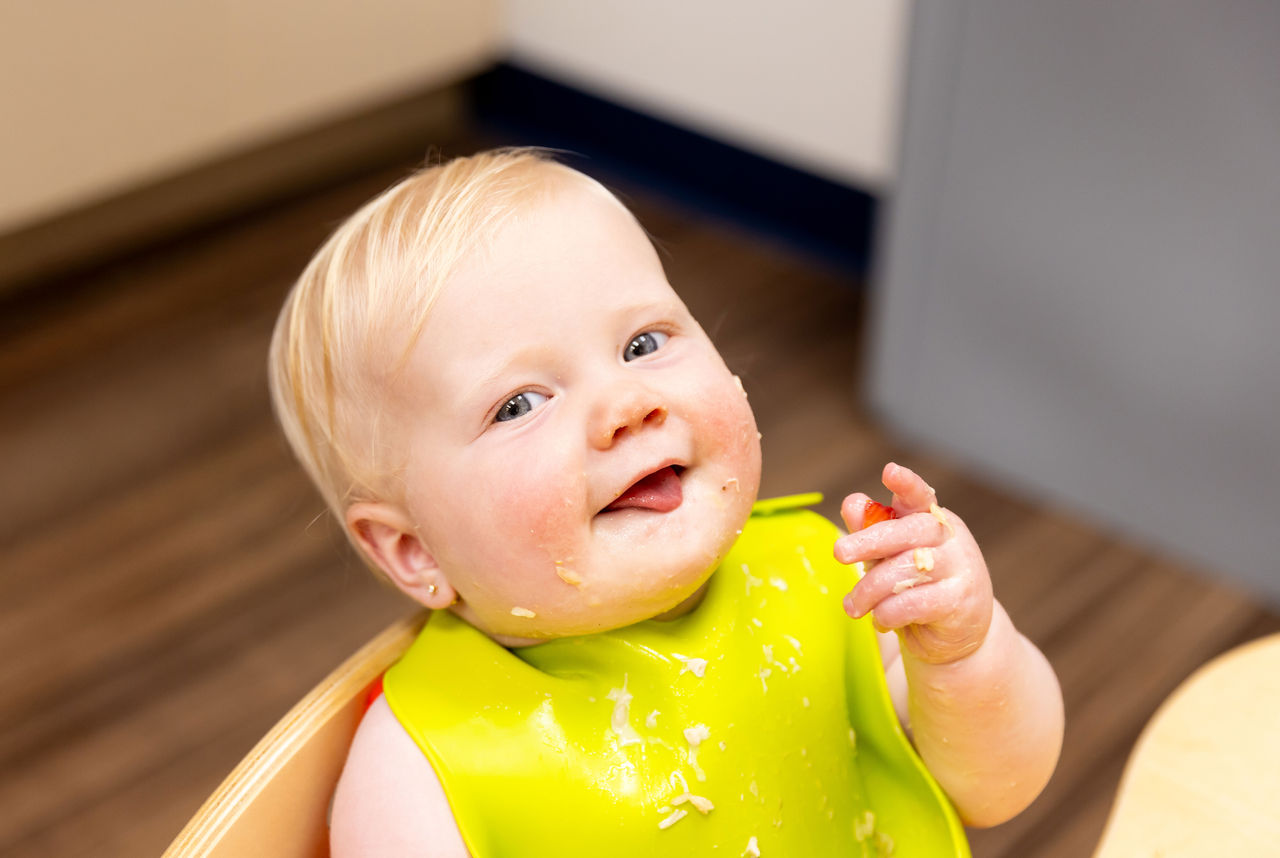Ah, the holidays! We’ll make an assumption that you had an excellent, if not unicorny type experience where all children in the household remained free from illness, made eye contact with visitors and relatives, waited their turn, showed grace and patience with unwrapped presents and even averted class IV meltdowns. In short, they were perfect angels, right?
Well, maybe they’re not perfect and maybe not even angels, but that’s ok. It’s even normal.
However, I’ll bet you did notice that by New Year’s or so, there were some new aspects to their daily routine that you noticed and even liked. Maybe they take their dishes to the sink like their big five-year-old cousin. Maybe they helped do some chores around the house in a way they didn’t used to, but it took a bunch of visitors to make a call for all hands on deck, and now they respond and pitch in versus fight with their sibling. Maybe they sleep in their bed. Perhaps they finish their whole dinner sometimes. Maybe they do none of these things or some of these things, but if you look, even a little, it is worth betting on the idea that you noticed some new behaviors that your little ones are doing at the start of 2024 that they were not doing at the end of 2023.
How do you preserve that goodness that seems to have taken over the holidays? How do you foster and cultivate better behavior in your children? There are a few fundamentals worth remembering to help at least a few of those new impulses your children feel to become ingrained and to set. Let’s think of the why and the how.
1. During the holidays, we tend to be more mindful and tuned into the behaviors of our family crew as we mesh and mix with family and friends. Children notice, and we often instinctively given them a cross between a pep talk and an age–appropriate chat about expectations when we are hosts or visitors. The takeaway from this is that this approach works, and it can be offered to children periodically, less infused with what can feel like the frantic mania of the holidays. Talk with your children, even your toddlers and preschoolers, about how you are asking them to be big children, to be on their better behavior with others and to help by being excellent role models for the little children. You can read that as anyone younger than they are. They love that! Offer them two or three things to work on in future outings or at home over a weekend, setting achievable goals that will set them up to succeed. Call out their success with pride, and praise them when they deliver or perform as requested. Children love to please, and this will be incredibly motivating. This positive reinforcement is the best way to encourage future constructive, desired behavior.
2. As 2024 gets going, work on a few tasks or behaviors with your child, trying not to overload them or yourself, while keeping it age–appropriate to guarantee success. For example, with a two–year-old, it might involve giving up a binky while using a blanket at bedtime. For three-year-olds, maybe it involves getting their coats and boots in the morning. For four– or five-year-olds, they might be able to help do some spray and wipe jobs in the kitchen using some water and a damp cloth. They will make mistakes, and they won’t get it right, but as Yoda says, that is okay: “Do or do not. There is no try.” Keep a sense of humor, as their failed attempts can be hilarious if not misguided. But their doing is really something when you think about it.
3. Remember they are little. Being a toddler and preschooler is a busy time. There is a world to explore. There are shiny things. There are screens. There are toys to play with and forts to hide in. As parents, we can and should foster their play, and it is not unreasonable to give them some modest tasks and some rules of the household to work toward and live by. Hosting for the holidays focuses our attention on how our children act during a time of peak meal and event prep. It can be exhilarating and it can be exhausting. Pacing yourself for the rest of the year with basic tasks as goals, modest rewards and praise for jobs well done is a way to make the journey possible and, frankly, much more enjoyable.




